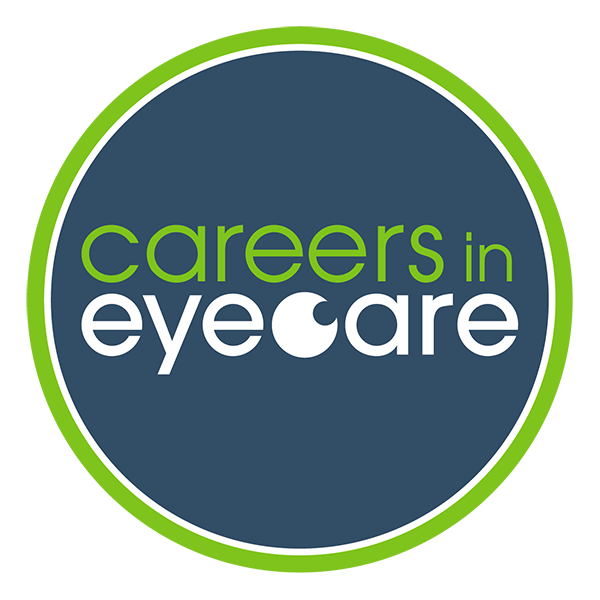Have you survived your GCSEs, or nationals in Scotland? It can be a nerve-wracking time. Here are some tips to help.
When will I find out?
Results day for National Qualifications in Scotland is on Tuesday 8 August and GCSE results for England, Wales and Northern Ireland (and some Scottish schools) is on Thursday 24 August.
Well done!
Congratulate yourself. Whether you get the results you expected or not, that’s OK. Try to celebrate what you have achieved – you got through your exams and you deserve to be proud.
Results aren’t the only thing
You are far more than a set of numbers. You are a friend, a family member, maybe a keen dancer, a content creator, baker or bookworm, funny, kind, helpful… Whatever your character and interests, you are a whole human being with a lot to offer.
Prepare for the big day
Be ready to consider your options. Even if you don’t get the results you want, there are still opportunities. Education doesn’t stop at school – you will continue learning whether that’s at work, in training or via a different route to the one you had planned.
Just missed out?
If you are not far off what was needed to study your chosen subject, find out if your college or school has any flexibility. Contact them now, or go in on enrolment day and talk to them. Take someone to support you if you need.
Look around
If your preferred college or school won’t let you study the subject you want, look at others. Different providers have different requirements and you may be able to get your choice of subjects elsewhere.
Try again
Retakes may be an option. If you have missed out on a pass in maths or English, don’t panic. Sixth forms and colleges often allow you to sit the exams again. For maths and English, you must enrol for retakes by Wednesday 4 October. For other subjects, you have to wait for summer 2024.
Think about alternatives
Is college or sixth form right for you? There are alternatives.
Apprenticeships mean you can earn as you learn. You can gain a qualification whilst getting valuable on the job learning and experience too.
Vocational qualifications Colleges offer a range of subjects from Level 1 – equivalent to GCSE grades 3 or below – to Level 2 (GCSE grade 4 and above) to Level 3, equivalent to A Levels. If your GCSEs weren’t enough to get you on a Level 2 course, you could start at Level 1 and work your way up.
Traineeships are also a great option if you are 16–24 (up to 25 if you have an education and health care plan), and you don’t have the skills or experience to take on a job or apprenticeship. You do an unpaid work placement alongside a training course. A traineeship takes from six weeks up to a year and will help prepare you for work or an apprenticeship.
T Levels These are for 16–18-year-olds: two-year courses which offer classroom learning alongside an industry placement. They are the equivalent of three A levels. T Levels have been created in collaboration with leading employers and businesses to meet the needs of industry and prepare you for work, further training or study.
Go to work
You could look at going straight into employment. Starting out as an optical assistant is a great introduction to the world of work and many employers will support you if you later decide you want to explore further training or qualifications.
There are plenty of options, and your local college is a great place to start. Contact them to find out about your future options. And good luck!
Find out more

